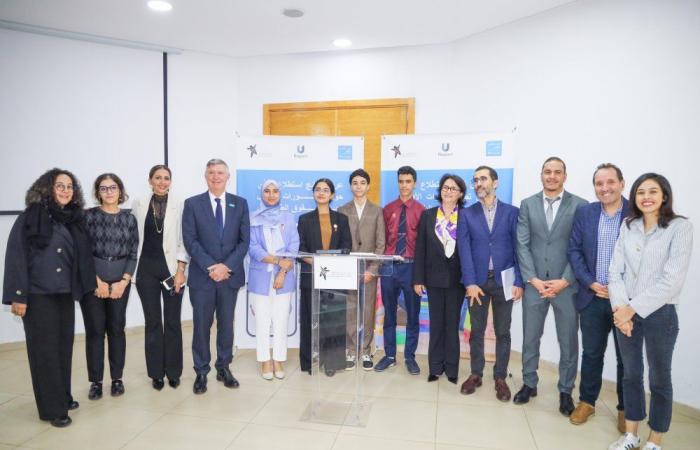Nearly a third of young people (32.9%) are completely unaware of the fundamental rights guaranteed by the International Convention on the Rights of the Child (CRC). This is one of the alarming findings emerging from a survey carried out by theNational Observatory for the Rights of the Child (ONDE) and theUnicefunveiled Thursday at Rabaton the occasion of the World Children’s Day.
Conducted with 7,500 participants, including 1,449 children aged 9 to 18, this investigation highlights significant gaps in knowledge of children’s rights. If 16.9% of the children surveyed say they are familiar with these rights, more than half (50.15%) have only a partial understanding of them.
Essential rights according to young people
Furthermore, the investigation reveals that theeducation dominates the priorities among the children surveyed: 34.5% believe that it is the most important right, followed by the right to health (23.4%), the right to protection against violence (17.94%) and access to a food sufficient (14%). Regarding respect for these rights, 56.3% of respondents believe that their rights are generally respected. However, 30% denounce the non-respect of their rights.
Education and health: priority challenges
Regarding priority challenges for young people, the study reveals that access toeducationparticularly in rural areas, is identified as the main challenge by 39.5% of children. This problem is followed by access to quality education (20.2%) and issues of mental health (6.8%). More broadly, the results confirm the urgency of action to improve access toécole in rural environmenta priority for 36% of respondents, as well as to strengthen the quality of education, claimed by 27.9%.
The voice of children, a lever for change
Children also express a clear desire to get involved: 70.9% say they are ready to defend children’s rights through various actions, such as volunteering, raising awareness about social networks or participation in campaigns. Speaker during the presentation of this survey, Amal Chafaïsecretary general of ONDE, indicated that these results reflected the urgency of guaranteeing quality education for all, as provided for in the new development model. “Children, whatever their age, in both rural and urban areas, place education at the top of their concerns. This result echoes the strategic choice retained in the new development model, namely “quality education for all” and challenges us on our role as an institution to help guarantee all children an education that meets their standards. their expectations,” she emphasizes.
Unicef: understanding children’s ideas
For this part Marc Vincentrepresentative of theUnicef au Moroccostressed the importance of listening to children in order to understand their ideas for building a better future, while ensuring that their opinions are transformed into concrete actions to address the identified challenges. “Listening to children, and through them listening to the future is the theme that Unicef has chosen at the global level to celebrate this international day. Listening to children is not only about respecting their right to express themselves, it is also about understanding their ideas for building a better world and taking their priorities into account in the measures we take today. Our hope is that with our partners in Morocco, we can transform the opinions and recommendations of children expressed in this survey into concrete actions to address the challenges they have identified,” he explains. Beyond the figures, this survey calls for a collective effort. Institutions, civil society and government are invited to come together to meet the aspirations of children and ensure that their rights become a reality. At a time when young people are demanding an education worthy of their expectations, their voice is an insistent call to build a more just and equitable society.






